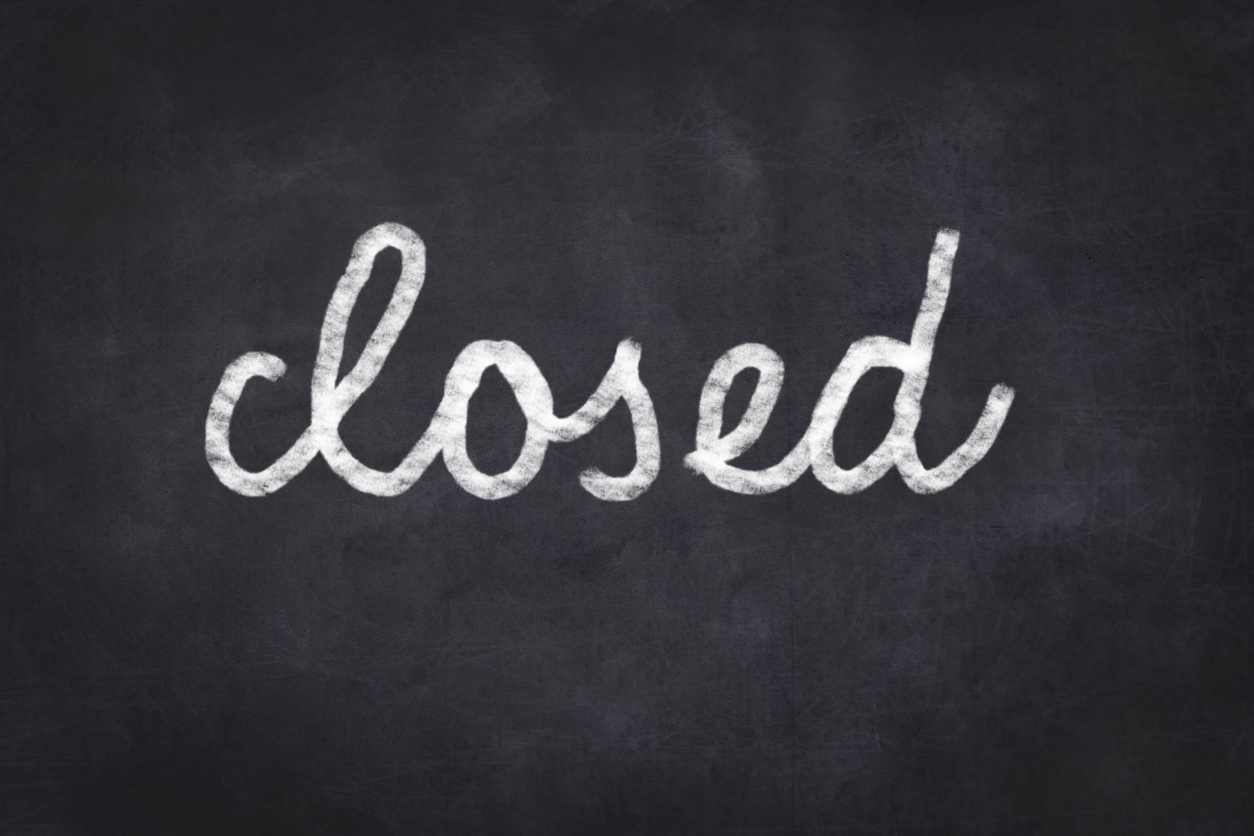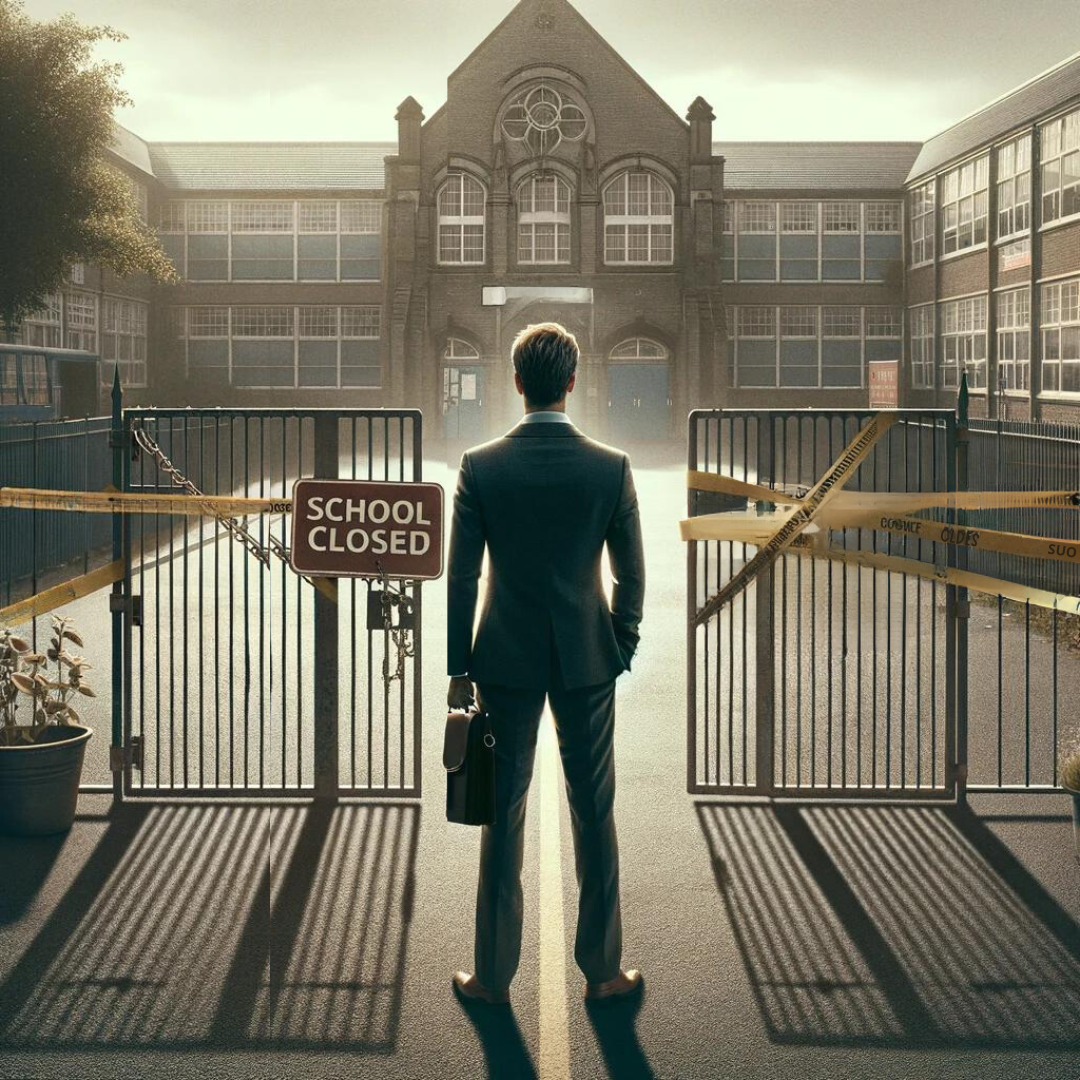How to tell if the school levy request on your February 13th ballot is a double tax
Washington state property taxes are increasing this year, by $0.82 to $2.70 per $1000 of assessed value. This property tax hike is part of HB 2242, the law passed last year to meet the McCleary requirement the state assume and fund the full cost of basic education. Districts are no longer allowed to collect funds from taxpayers to cover the cost of basic education, and can only assess levies for enhancements to basic education. District levies are now limited to $1.50 per $1,000 of assessed value, or $2,500 per student, whichever is less. A key question for taxpayers on the February 13 ballot is whether the levy request they face provides the credit they deserve for the higher state property taxes they now pay.
A little more background is helpful. The state legislature is providing schools the largest infusion of funds in state history, nearly doubling the amount per student, from $6,639 per student in 2011-12 to $11,996 per student in 2019-21. Districts no longer need to assess local levies to cover the cost of basic education. The state supreme court has acknowledged HB 2242 meets the funding requirements of McCleary. The only matter the court has criticized is a matter of timing, but timing is a matter for the legislature, not the court, to decide.
Let’s examine the contrast between two levy requests on the February 13 ballot. The levy request from Federal Way Public Schools stands out for the respect it shows the Federal Way community. Federal Way’s request tells taxpayers its levy request has been reduced to $33 million from the former levy of $53 million, to give taxpayers credit for the $20 million in increased state funding. This strongly suggests Federal Way Public Schools is not double-taxing its community.
Unfortunately, some districts are not following the Federal Way model of transparency and respect for taxpayers. For example, since the 2012 McCleary decision, the wealthy Bellevue Public Schools has received $53.8 million more from the state for the cost of basic education. Yet Bellevue’s new levy request gives taxpayers no credit for this funding, seeking even more money from the local levy. Bellevue’s new levy request seeks an increase from its existing levy of $66.5 million to $68 million for 2019, $74 million for 2020, $79 million for 2021, and $83 million for 2022.
Over the weekend, The Seattle Times asked 24 school districts about their February 13 levy requests, asking if they intended to provide taxpayers credit for the increase in state funds. Some districts responded with confusing and incorrect answers. They claim the state has not fully funded basic education, which is not true. Other districts refused to answer. Other districts said the state has not defined “basic education,” which is also not true.
For years these districts have complained they needed more state funding to cover the cost of “basic education.” Now, after getting millions of additional dollars from the state to pay the full cost of “basic education,” the districts say they don’t know what “basic education” is, and that the state has not defined it. This is a deliberate effort to confuse the public.
To determine for yourself if you are being double-taxed on the February levy, here is what I suggest:
- Go to this link, select the school district from the drop-down menu, hit search and then select the F-195 Budget Overview from the 2017-18 budget. On the first page appears a figure in the General Fund column for Excess Levies 2018 Collection.
- Compare this figure to the sum requested by the school district on your February 13 ballot.
- If the new figure is a larger amount, then it appears the district has not provided credit for the new state funding it is receiving and you are paying. If the new levy request figure is less than the previous levy by millions of dollars, then you are getting credit.
All districts should follow the Federal Way Public School model of clear communication and respect for taxpayers. All else erodes the public’s trust in the system of public schools.






